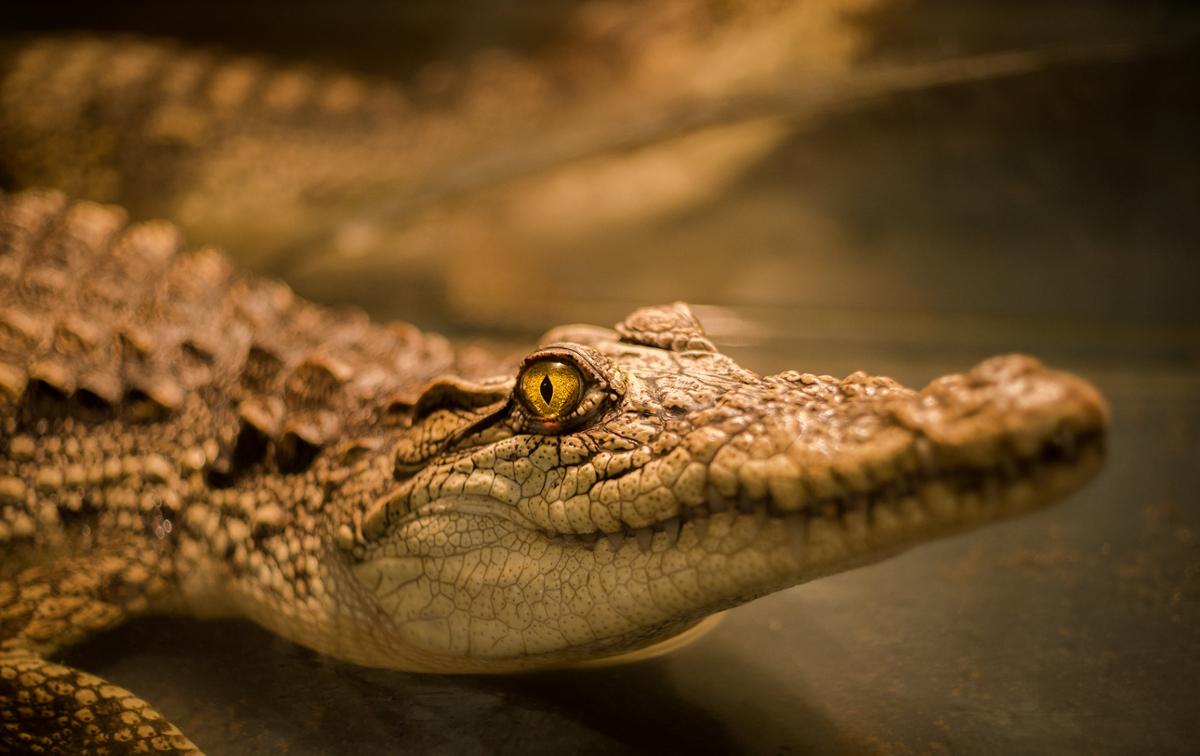Athletes regularly think about their diet—what foods provide energy, when to snack, how to hydrate. Alligators, who powerfully hunt, swim, and dive, are some of the fiercest athletes of the animal world. They, too, have certain dietary habits. Besides the usual meals of live prey, they also consume what no human athlete wants to eat: rocks!
Crocodilians—amphibious reptiles including alligators, crocodiles, and caimans—engage in something called lithophagy. That’s a fancy word that means “eating stones.” Scientists have hypothesized that crocodilians swallow rocks for a variety of reasons: to help grind up food, to gain healthy minerals, or even by accident as they attack flailing prey.
However, researchers have studied another popular hypothesis: crocs and gators munch on stones to increase their time underwater.
Athletes wanting to gain weight do so by caloric intake, which then adds muscle mass. Alligators, a 2019 study revealed, have a faster method: chowing down on small pieces of granite, the gators added 2.5 percent to their body weight. Before the rocks were ingested, researchers measured how long the animals spent on a dive. After their gravelly meal, the alligators had significantly prolonged dives—some of them even doubling their time underwater.
The scientists think that rocks act as ballast. Because stones are denser than body tissue, crocodilians can more easily sink beneath the waves, fight bottom current, or drag down a struggling lunch. Simultaneously, they can take a bigger breath before diving, since their increased weight counteracts the buoyancy of air-filled lungs.
Despite the usefulness of rapid weight increase, rocks, of course, are not a human-friendly snack. Leave the lithophagy to the crocodilians.










